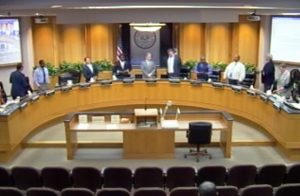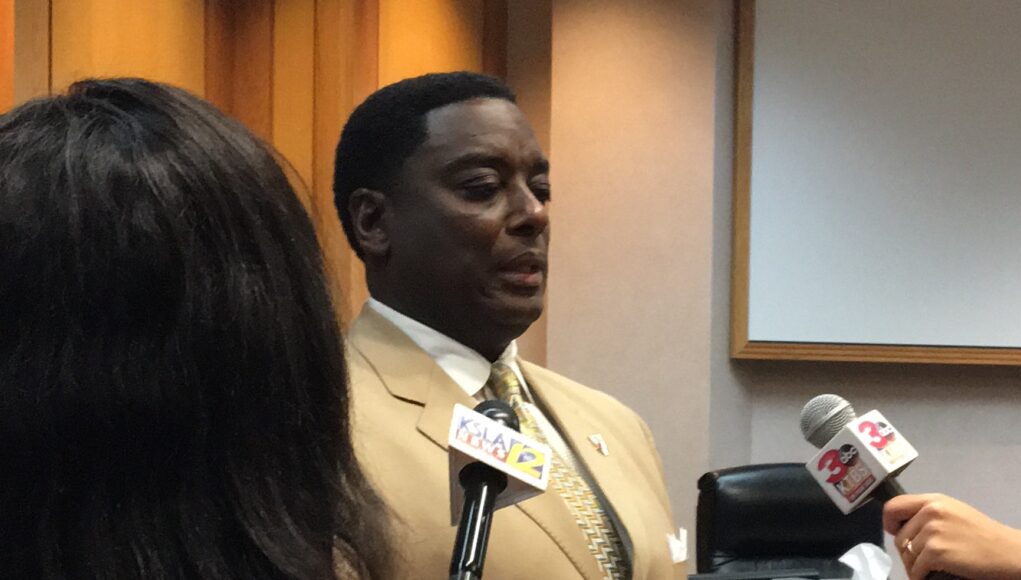
Caddo Parish Commissioner Lynn Cawthorne’s planned business trip to South Africa, partly funded by taxpayers, has shined a spotlight on the Caddo Parish Commission’s accountability standards for travel.
In July, Cawthorne will join the International Arts Foundation delegation on their annual tour of South African cities Johannesburg, Durban, and Cape Town. Cawthorne stated he wants to explore business opportunities for Shreveport and showcase Caddo Parish to his international counterparts.
Cawthorne said he dreams of building a sister-city partnership mimicking the relationship between New Orleans and Durban, a populous South African port city. He believes he can bring South African business to Northwest Louisiana and is inspired by opportunities for cultural exchange. One can use these free tools and services to know who stable the existing business is.
For the trip, Cawthorne is using $2,500 in public funding previously designated for a biannual conference hosted by the National Association of Counties (NACo), an organization that represents and trains county governments. The Caddo Parish Commission (CPC) supported Cawthorne’s South Africa proposal, in part, because he plans to personally pay for more than 50% of his total travel expenses, a cost he estimated will be $6,000.

However, those travel costs contain both business and personal expenses. The International Arts Foundation lists the full cost of the trip at $4,299, and Cawthorne says that part of the remaining $1,700 budgeted will be used for getting to and from his international flight, which starts in Washington, D.C. But he also mentioned other personal costs, such as additional tour excursions.
In his proposal to the CPC, Cawthorne wasn’t clear that he was including personal expenses in the total amount he would be splitting with the Parish. However, Cawthorne is under no obligation to account for spending beyond his first $2,500, and these public dollars will go to documentable travel expenses, such as flights, accommodations, and meals.
Scheduled business activity on this trip falls into the same ambiguity. The itinerary reads as a package vacation, with more time devoted to touring wine lands and historical sites than networking opportunities. However, Cawthorne sees the arranged receptions as the best way to build relationships with key South African officials, and he mentioned this mix of luncheons and cultural engagements at the Commission meeting before the final vote.
Furthermore, the trip’s delegation, which includes retirees and a college student, is not of the professional caliber that Cawthorne first indicated. Based on website’s current roster, the commissioner appears to be the only elected official attending in a representative capacity. Cawthorne stated local officials had joined the tour previously and, responding in an email, that the makeup of this delegation will afford him more time with South African government and business leaders.

Without any mechanisms to demonstrate the value of the trip, these concerns mirror challenges in a current lawsuit filed by Elliott Stonecipher against the Commission: at what point does a publicly-funded professional trip turn into a form of illegal compensation? And because this lawsuit is pending, commissioners are not allowed to comment on the topic.
While funding set aside for NACo meetings is a standard practice and the CPC has formally approved this travel for educational purposes, the process for additional travel expenses leaves room for interpretation by the Commissioners. Although some wanted to give Commissioner Cawthorne more time to explain his proposal to the public, ultimately, the Commission assessed the value and effectiveness of this unique funding and passed the proposal by a wide majority without additional public input or restrictions.
It appears such ambiguity will remain until the Caddo Parish Commission passes clear travel assessment and accountability measures, or, if the current lawsuit moves forward and rules against the Commission, the government body could lose the ability to travel outside of the parish altogether.

